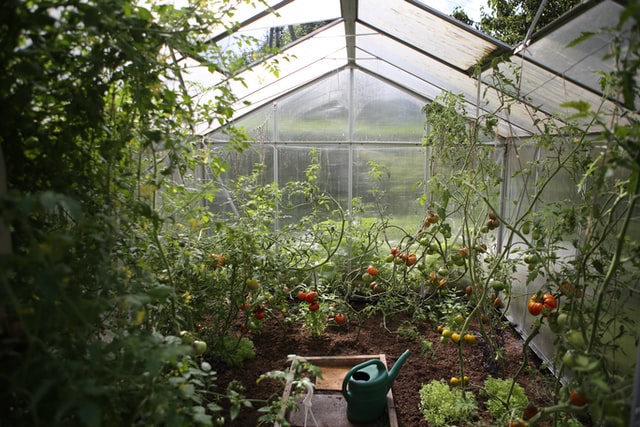 |
Alternative to glyphosate A simple sugar stops weeds |
Some promising discoveries in science are completely unexpected. This is what happened to Klaus Brilisauer at the Institute for Organic Chemistry at the University of Tübingen as part of his doctoral thesis:
“In itself, it was ultimately a coincidence. We have had an observation, and that is that cyanobacterium A inhibits cyanobacterium B, and wanted to find out what kind of substance it is and how it works naturally.”
So there was a bacterium in whose environment another bacterium no longer thrived well. Klaus Brilisauer went in search of the connection. In doing so, he came across a small sugar molecule that bacterium A produces and excretes. Its scientific name: 7-deoxysedoheptulose, 7dSh for short.
"It's a bit special because in this case, it's a Desoxi sugar. A hydroxy group is missing in the sugar. But it tends to be a relatively simple sugar that has a major effect on the organism or on the bacteria and plants.”
Sugar molecule inhibits metabolism
The major effect of 7dSh is that of a so-called anti-metabolite. The substance fits into the wheelwork of an enzymatic metabolic pathway as a substitute for another, which, however, slows it down.
"Exactly, they disrupt the metabolism by imitating the natural substrate and then blocking the enzyme and completely paralyzing the metabolic pathway."
7dSh stops the so-called Shikimat metabolism. This occurs in bacteria, fungi, and plants, but not in humans or animals. The shikimate metabolism provides important building blocks to build certain amino acids that bacteria or plants need to survive. As with a production line in a factory, several enzymes are connected in series as production stages. If only one of these enzymes is blocked, the entire production comes to a standstill.
/span>
"The breakthrough was ultimately to find out that it inhibits the shikimate pathway - because you wouldn't expect from the structure of the sugar per se by eye: okay, we inhibit an enzyme in the shikimate pathway. Because of that, it was really that wow factor.”
Great interest also from the industry
“In my opinion, a major benefit of sugar over glyphosate is that it is a natural product. And a purely natural substance. We, therefore, assume very good biodegradability. And we hope that this can also be confirmed in further tests.”
It is unclear whether 7dSh could actually one day become a glyphosate substitute that can be used in large quantities. Many experiments in the laboratory and in the fields are still necessary. In any case, the University of Tübingen has already patented the substance. Maybe the sugar from a cyanobacterium will be the next big thing in the herbicide business.
“Since the publication, at the latest, since it went online, we have had an immense influx of people willing to cooperate, both from industry and from state institutions. If someone had told me at the beginning of my doctoral thesis that one day big companies would come knocking, I would have said they were crazy. Because things like that are of course a jackpot, like winning the lottery. That is an outstanding feeling.”







.png)
No comments:
Post a Comment